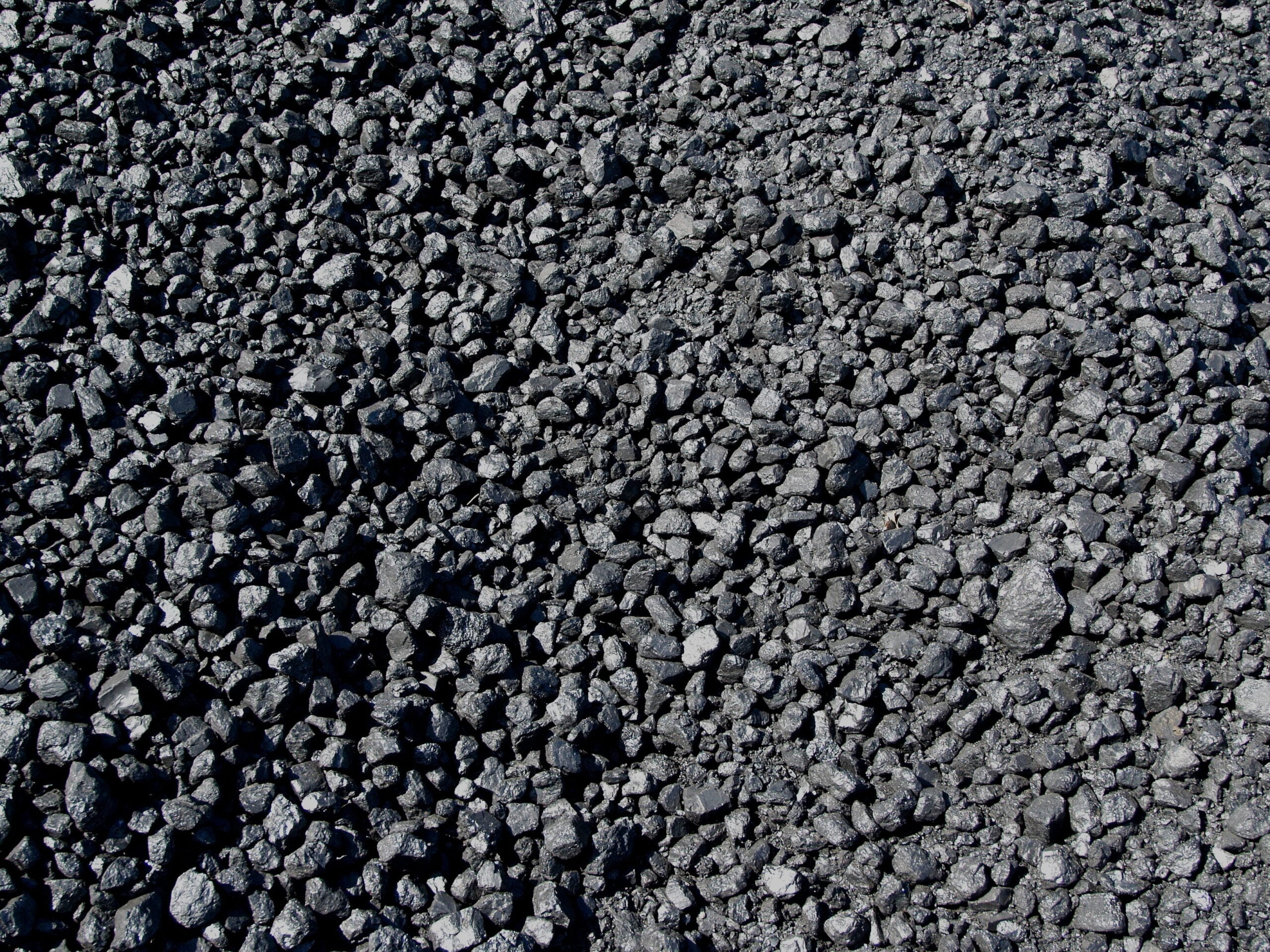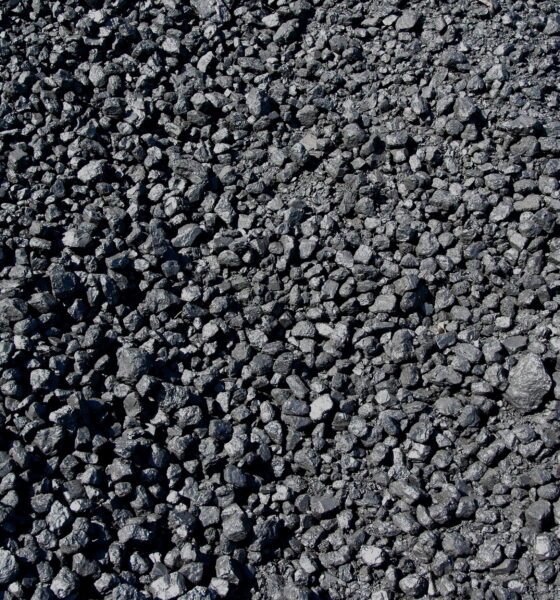

Economy
RBS needs to run, not walk, to become an ethical banking leader
After the Royal Bank of Scotland (RBS) released its Sustainability Review last week, Scotland’s Herald newspaper reported that the state-owned bank “aims to lead from the front on ethical banking” – although it admitted that it could take up to five years to get there.
This is quite an ambition for any bank, and especially for one whose financing for Canadian tar sands led to the bank being singled out for occupation by Climate Camp activists in 2010; whose financed emissions (i.e. the emissions supported by the bank’s lending) were recently estimated by World Development Movement to be up to 1.6 times the emissions of the whole of the UK; and which was shown by recent research to be the UK’s biggest financier of the coal mining industry.
Whether you take this as a genuine aim or a piece of spin, it’s a massive shift in rhetoric from 2006, when RBS actively advertised itself as “The Oil & Gas Bank”. Maybe we will see this ambition will go the same way as David Cameron’s promise to lead the “greenest government ever”, but let us suspend our disbelief for a moment and choose to take the bank at its word on this.
It must be pointed out that RBS has taken some positive steps in recent months. It has stated that it no longer provides project finance for tar sands projects (although this is not yet policy, and RBS still provides general finance for companies involved in tar sands extraction). It has stated in its new report that it will not provide “direct financing to specific oil exploration projects” in the Arctic or Antarctic (although that’s a lot of caveats to fit into six words). And it has committed not to finance companies with significant mountain-top coal mining operations in the American Appalachia mountains (which is good in that it does cover general corporate finance and not just project finance, but odd in that it implies the company is unconcerned about the destruction of mountains outside of Appalachia).
If imperfect, these policies do represent small steps in the right direction. But to truly lead from the front as an ethical bank in the next five years, RBS will need to run rather than walk. There are plenty of steps which could be taken quickly which would represent real progress. Firstly, RBS could become the first commercial bank to follow the swathe of multinational development banks and governments which published policies in 2013 not to finance coal power stations globally, except in “rare and exceptional” circumstances – or better, go one step further and say no to coal entirely.
Instead, the bank’s policy on coal-fired power stations, while better than nothing, is among the lowest standards around. The bank even operates an Indonesian branch which drives 42% of its lending towards the ‘mining and quarrying’ sector, contributing heavily to the financing of a devastating coal mining boom there, at the expense of the country’s rainforests and indigenous people.
While stepping away from coal would be a good start, more would need to be done. The Intergovernmental Panel on Climate Change (IPCC), with its recent fifth assessment report, has made clear that the world needs to move rapidly away from fossil fuels, and has set out the timescales and the costs. The world is waiting for a big commercial bank willing to commit to reducing its exposure to fossil fuels in line with what the science dictates. This is a relatively simple matter of disclosing loans, investments and underwriting for fossil fuels and their associated emissions, setting targets for a rapid reduction of these emissions, and following through with implementation.
To do so would free up capital to invest in the burgeoning renewables and energy efficiency sectors, avoid the considerable risks of stranded assets which comes from financing dirty coal, and surely contribute to turning the bank’s reputation around.
There is a wide open space for a large commercial bank to become a leader on ethics and the environment, and as a majority publicly-owned bank with a mountain to climb in terms of rebuilding its reputation, RBS has plenty of reasons to move into it. But this would need a serious departure from ‘business as usual’. Let’s hope we don’t find ourselves, five years down the line, looking back on this talk of ethical leadership as just another broken promise.
Ryan Brightwell is a researcher with BankTrack and founder of the research consultancy Bright Analysis.
Photo: John Nyberg via freeimages
Further reading:
RBS takes top spot in renewable lending and sets out sustainability plans
Citi, Morgan Stanley and Bank of America top funders of coal, says report
Climate Week: customers urged to ditch fossil fuel funding banks
RBS reports losses of £8.2bn – and employee bonuses of £576m


 Environment12 months ago
Environment12 months agoAre Polymer Banknotes: an Eco-Friendly Trend or a Groundswell?

 Features11 months ago
Features11 months agoEco-Friendly Cryptocurrencies: Sustainable Investment Choices

 Features12 months ago
Features12 months agoEco-Friendly Crypto Traders Must Find the Right Exchange

 Energy11 months ago
Energy11 months agoThe Growing Role of Solar Panels in Ireland’s Energy Future




























